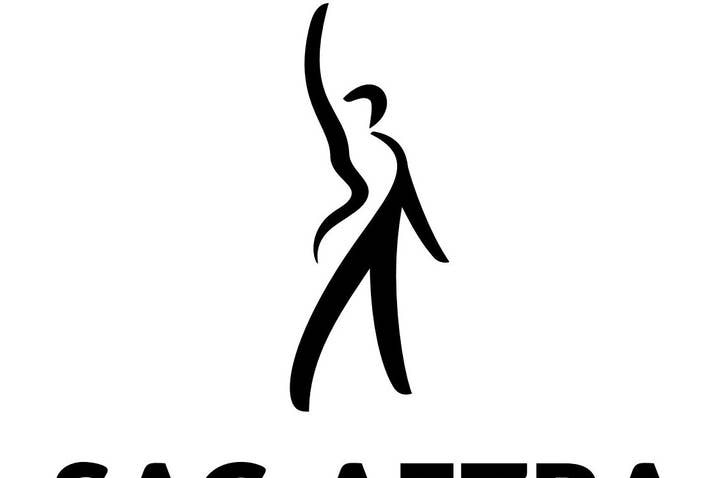SAG-AFTRA strike draws more than 250 to EA offices
"We are willing to stay out as long as it takes." union says, with more actions against target companies promised
More than 250 people gathered outside EA's offices yesterday, in the first of what SAG-AFTRA promises will be a series of actions against its target companies in the weeks ahead.
According to Deadline, which was present at the picket line, representatives from other entertainment industry unions were in attendance: the Writer's Guild of America, the Musicians Union, even the Teamsters.
"We are willing to stay out as long as it takes - not only the performers, but the union itself," said SAG-AFTRA president Gabrielle Carteris. According to Carteris, the union's members were 96.5% in favour of the strike.
On the other side of the negotiating table, the Coalition of game companies being struck against continued a PR offensive that has produced three separate official statements in the last five days: the first describing a 9% wage hike offered to SAG-AFTRA, the second reinforcing the "almost identical" nature of its final offer to the union's demands, and the most recent to illustrate the point that all of the union's demands were met except for pay.
The Coalition did offer a "secondary payment" of $950 on top of the standard session rate, based on the number of sessions worked across a given project. However, SAG-AFTRA's demand was for residual payments, based on the number of units a game ultimately sells. SAG-AFTRA suggested a deal in which the nature of the secondary payment - upfront or residual - would be optional, but, according to the union, "the employers have refused to consider this option."
The Coalition's argument is that its proposed upfront secondary payment is "almost identical" to residuals, and it has suggested that the union has pushed its members into a strike, "over terminology." This claim has been roundly rejected by SAG-AFTRA.
"In the spirit of compromise, we made it [upfront] an option," said chief contracts officer Ray Rodriguez, "but they're taking advantage of that to make it look like we are having a dispute over terminology, when it fact our dispute is about the biggest dispute these parties have had in the 20-plus years that this contract has existed."

